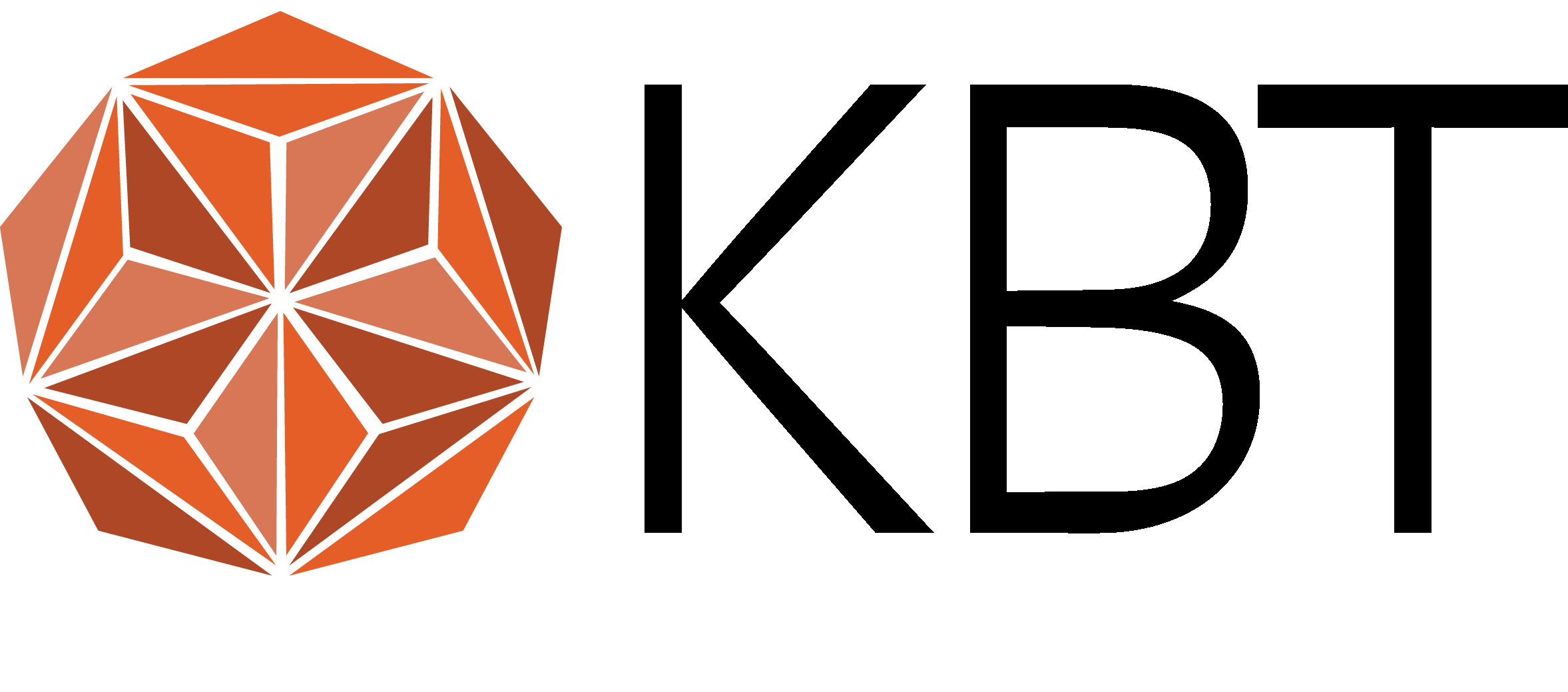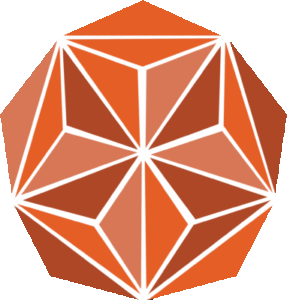1997
Quality improvement through user experience
The pilot project “Quality improvement through user experience” [Kvalitetsforbedring gjennom brukererfaring] starts, with funding from the Ministry of Health and Social Affairs.
The User Interviews User method is being tested for the first time. The idea comes from user representatives experiencing that their opinions are not taken seriously. By the end of the project in 2000, 165 user meetings will be held at seven service locations. 500 users will participate.
2006
User-driven centre of Mid-Norway
As part of "Opptrappingsplanen for psykisk helse" (a national plan regarding mental health), the User-led centre in Mid Norway is being started as a project in Mental Helse Sør-Trøndelag. Involved in the establishment are organizations such as Mental Helse, Landsforeningen for Pårørende innen Psykisk Helse, Voksne for Barn , HiST og St. Olavs Hospital.
The aim is to support user participation and user empowerment. The centre will contribute to the use of user experiences as knowledge in service development. It is essential to continue the User Asks User method.
2006-2010
The user-led centre is growing
The user led center is developing further. The center quickly begin cooperating with user organizations, municipalities, health services and research & education institutions. We conduct evaluations, put the user perspective on the agenda, and collaborate with research institutions on the implementation of user-involved research projects. These are active years with many projects.
2011
KBT is funded
On November 26, 2011, at Ersgard, Stjørdal, the Competence Center for Lived Experience and Service Development (KBT) was founded. We are now a non-profit foundation with our own organization number. The same year, the organization moves into new premises in Kjøpmannsgata, with larger space and the opportunity to hold meetings and smaller course sessions.
2012
User interviews user evaluation of "Familieambullatoriet"
Our User Interview User evaluation of the "Family Outpatient Clinic" [Famileambulatoriet] is published. A large and important assignment from the Central Norway Regional Health Authority . The results of the survey are used in parliamentary notice 30 (2011 – 2012) See Me! – A comprehensive drug policy [Se meg! - en helhetlig rusmiddelpolitikk]. The feedback from the users is so good that the initiative Familieambulatoriet is being continued in other places in the country.
2013
Peer support workers in ACT and PART
KBT is starting a collaboration with the PART and ACT teams at Nidaros DPS and Tiller DPS to test the employment of peer support workers. The work provides useful experiences, and the peer support workers convey hope and coping strategies to many patients/users.
2014
Dialogue meetings in municipalities
We are starting dialogue meetings with municipalities, where users, employees and management discuss how user participation works in their municipality. The initiative helps to promote user representatives and the organizations' position in the municipalities. KBT receives feedback that we are getting the municipalities to put user involvement and service development on the agenda. The initiative is being received very positively.
2015
KS and My voice counts
We publish our evaluation of KS' learning network for good patient processes for people with mental health problems and/or substance abuse problems, where we have looked more closely at whether user participation and user involvement are successful.
The same year, the first My Voice Counts report is published. Through the My Voice Counts initiative, we are testing User Interviews User for children and young people. Collaborating partners are BUP St. Olavs, Save the Children Region Midt and Mental Health Youth.
2016
Peer support workers in Trondheim municipality
We are starting the project "Peer support workers in municipal mental health and substance abuse work". The peer support workers, work in homes, meeting places and outreach activities within mental health and substance abuse in the municipality of Trondheim. KBT has formal employer responsibility for the experience consultants to ensure belonging to a user environment.
In 2020, the municipality of Trondheim took over the formal employer responsibility, and peer support workers are a permanent arrangement in the municipality to this day.
2017
New profile and logo
After a process around branding, KBT get a new logo and removes "mid Norway" from the name.
The logo illustrates different perspectives that comes together. It symbolises looking at a matter from different angels, and that dialogue can lead to development.
At this time, we continue developing the User Interviews User concept. Models for user driven innovation and user panel are tested in some municipalities.
2018
User Asks User is 20 years old
Over 60 projects have now been completed using the User Interviews User method. The themes for the evaluations have been users' experiences with hospitals, DPS and municipal services for substance abuse and mental health, but also job training, rheumatology services and early intervention services.
Of the specific quality improvement measures that have emerged, we can mention everything from physical shielding of telephone boxes and moving the dispatch window for social services in the municipality, to changing routines in connection with admission. UIU has also contributed to changes in attitudes through the dialogue conferences that are held.
2019
GLIMT Recovery Center opens its doors
We win a tender from Trondheim Municipality and start a meeting place in the center of Heimdal. The meeting place is for people over 18 years of age who want to be part of a community regardless of interest. Participants can decide for themselves how they want to use Glimt.
In 2020, we are expanding with the one-year project GLIMT Ung - an evening offer where young people can engage in creative projects, learn something new or find someone to talk to.
2020
KBT Vocational College
We receive a commitment from NOKUT to start a vocational school and offer the study "Peer support workers in Mental Health and Substance Abuse Work". The goal of the education is to qualify people who have themselves received health and welfare services in mental health and/or substance abuse to work as peer support workers.
In the same year, we move into new premises at Sorgenfriveien 9.
The idea for the vocational college comes about after meetings with several others who work with training for peer support workers, both in Scotland, Sweden, Wales and Canada. The idea is to offer a form of training that is more comprehensive and thorough than individual courses, and that is meritorious in further education.
Due to Covid-19, our first cohort, which starts in the fall of 2020, will mostly be online students. KBT vocational school is organized as a separate AS, with close ties to the Foundation KBT.
2021
National conference about user involvement in research and development
In cooperation with Råder for psykisk helse, Høgskolen i Innlandet and Vestre Viken HF, we hold a national conference about user participation in research and development. In the end of the conference, a work group are started, thar will try to get a network started and plan more conferences.
2022
National conference for Recovery
After years of delay due to the Covid-29 pandemic, we finally can have a national conference about Recovery. In cooperation with other regional user led centres, NAPHA and Erfaringssentrum, and with the support of a lot of organizations, we gathered together over 200 persons.
With the conference we aim to create a broad alliance that work towards a common goal about recovery oriented understanding and practice, with a broad user- and relatives involvement, within mental health and substance abuse
2023
KBT Vocational College starts teaching about social entrepreneurship
KBT Vocational College starts a second education, this time in social entrepreneurship.

